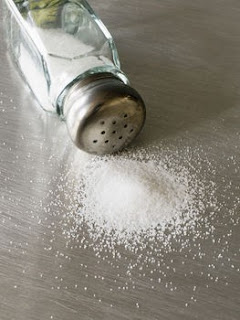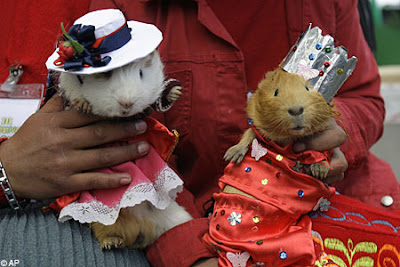It’s one thing for a foodie to read about how to cook something from a cookbook, it’s another thing to visually see someone cook something. One of the hardest things to put into words is the ‘how’ of cooking something. Attending cooking classes is one way for a foodie to watch someone cook something but television offers a cheaper alternative in the comfort of your own home. With the increasing popularity of cooking shows, foodies have been switching their TVs on again to watch ‘how’ celebrity chefs and contestants dish up food.
Foodies can now engage in work water-cooler conversations as colleagues discuss last night’s episode of MasterChef and show off their expertise in the art of cooking, and impress their colleagues by revealing that they have interests (a life!) outside of work.
Whether or not foodies are interested in sport, sport is a very important part of Australian culture. By watching cooking shows, foodies can also feel that they are engaging in spectator sport with contestants cooking off against each other as individuals or in teams, eliminations, judging, there are winners and loosers, and kitchens are not just kitchens – they are kitchen STADIUMS!


















